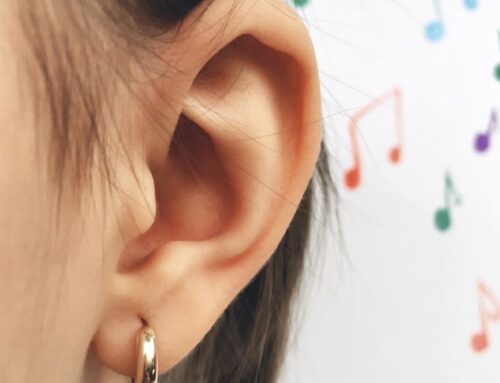Identifying your favourite kind of music is likely something you do every time someone asks you what kind of music you like to listen to. But have you even stopped to think where your interest actually comes from? It can be puzzling to think about where your taste in music actually originated, especially if your parents or family members favourite music style differs quite a bit from yours.
Where your music tastes come from
No matter your musical taste, you’re welcome at Capstone Music! We’re Burlington’s choice for over 15 years and for good reason. Our music lesson delivery is geared towards your musical and learning style. Join us!
There are a number of different things that can influence your taste in music, and it’s much more complicated than just thinking about what your parents like to listen to! Though their interests can definitely play a role in what kind of music you like, they aren’t the only factors.
The culture in which you grew up
Whether you grew up in western culture or eastern, you’ve likely unknowingly developed a preference to specific sounds. Western cultures typically react positively to consonant sounds like the pleasant C and G chords often heard in pop music. On the flip side, Eastern cultures seem to prefer dissonant sounds, to us they come across as sharper or more jarring. These preferences can play a significant role in the style of music you prefer to listen to or play.
How you think
How your brain works is also a contributing factor to your preferred music style. For example, more empathetic thinkers are drawn to more mellow music genres like country, R&B or folk music. Scientific and systemic thinkers, such as mathematicians, scientists, or other deep problem solvers are usually more interested in genres like the blues or rock, which showcase a more complex and intense musicality.
Your personality
It’s been found that a person’s personality can influence their music choices as well. Calm, reflective and contemplative people have been shown to gravitate towards more of a jazz, classical or folk playlist while intense and rebellious people prefer punk, rock or alternative music.
Music tastes usually develop early
Just like learning a language, children are typically more easily able to pick up the intricacies involved in music. Between the ages of 14 and 24 is when most people go through the subconscious steps of finding the genre of music you most identify with and find comfort in.
These are the years in which there are so many changes in our lives that are largely affected by the hormones of puberty. The teen years often lead kids to dive into music, seeing it as an escape and part of their sense of identity. As we grow older and leave that stage of life, we tend to hold onto those same musical interests as they usually hold a level of comfort, reminiscence and joy.
Music lessons can help develop music tastes
Although science seems to dictate that your music taste tends to remain fairly consistent throughout your life, taking some music lessons can actually help develop your tastes. When you take lessons on an instrument like a guitar, piano, drums or ukulele you may end up learning how to play some songs outside of your general taste in music. This can help you gain an appreciate the finer points of the genre, and can even lead to change in your overall taste in music.
While the best time to start music lessons might be when you are young and better able to fit lessons into your schedule, there is never a bad age to start taking music lessons! One of the significant perks to being an adult taking music lessons is that you are more likely to keep up with your practice schedule, since the commitment to taking lessons has come from your interest in learning a new skill rather than it being something that parents push their child to take on.






